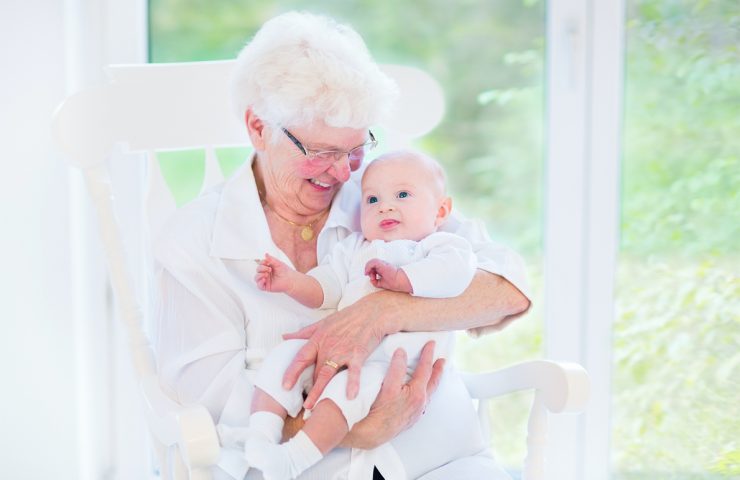
In 310 BC Aristotle said“Give me a child until he is seven, and I will show you the man” – demonstrating that for centuries people have understood that the experiences a young child has during the first years of life provides the foundation for adulthood. So, what’s changed? Well, Aristotle was spot-on in his approach to early childhood, but now we know far more about the “why”. We have science and data, brain imaging and research providing the reasons for what Aristotle had, through experience and instinct, noticed.
Grandparents are so important in a child’s life. Not only as babysitters, but as a source of unconditional love outside (most times) the structure of their home and the family unit – whether that’s a single or two parent unit and with none or many siblings. Grandparents have been children and have raised children, but those experiences, while valuable, can be enriched by gaining an understanding of science behind childhood development and how the right attitudes and activities can set your grandchildren on the path to a happy, fulfilling life.
So, what does the research say about how to raise resilient, rationale, regulated, happy and successful learners and adults? Here are some brief insights into several key influences:
Start with the pregnancy.
How healthy and well a pregnant mother is will affect the developmental and neurological health of the baby.
Movement is key: Brain and Body learning together.
Motor development and early movement experiences play a key role in preparing a brain for learning readiness. In the first years, brain cells connect more readily and rapidly as a result of movement. Research tells us motor development in the early years of life is fundamental in the development of all social, emotional, cognitive and physical skills, affecting the lifelong outcomes of children.
Hold on. Let go. Balance freedom with regulation.
To develop mature emotional responses, children need to experience opportunities that enable them to try things out. Balance care and protection with the freedom to explore. When children explore, they learn by trial and error and how to find solutions for mistakes made.
Guts and brains are linked.
What children eat not only affects how well their body works, but it affects how their brain functions too.
Moving and singing are so important for language, literacy and numeracy.
Music, movement and language have many elements in common and, when combined, assist a child to build skills and the capacity to learn.
A good night’s sleep is essential for healthy development.
Sleep is when the body takes a well-earned break and the brain rests, cleans itself and lays down long term memories.
This list is not exhaustive. There are many influences on early development. Furthermore, no single influence works in isolation, so if one is ‘out of whack’ the others are often compromised and this has a flow-on effect on overall development. To find ways to help your grandchildren be the best they can be, why don’t you read Grandparenting Grandchildren? Contained within are lots of ideas and activities that explain the why and how of these wonderful early years.
[i] Walker, M. (2017). Why we sleep. Unlocking the power of sleep and dreams. London: Penguin Random House.